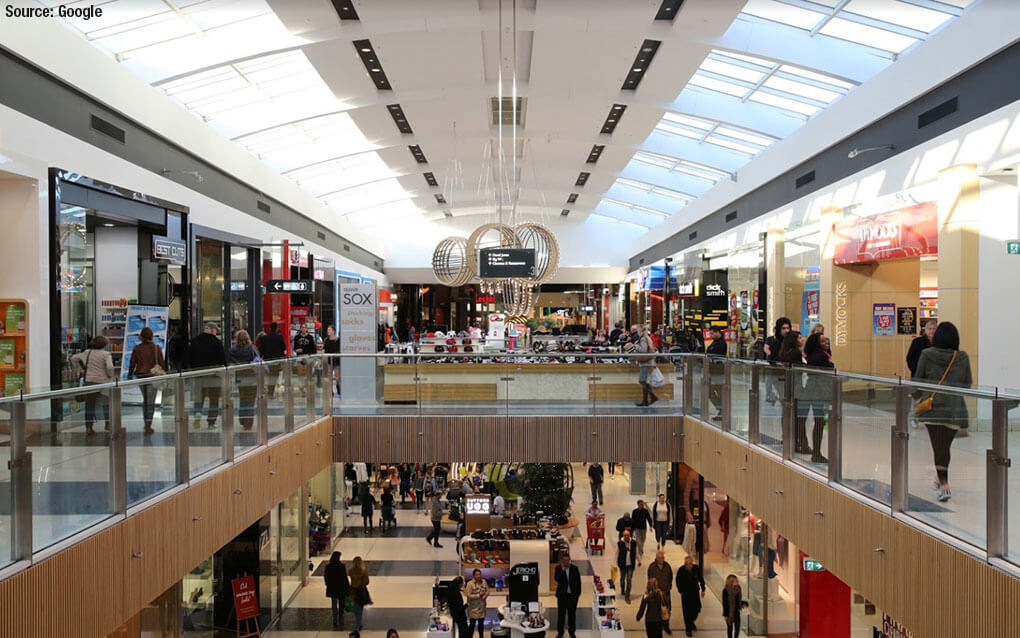In its September Business Expectations Survey, the company said sentiments within the retail sector remained “subdued” although in a bright spot it sees profits and capital investment as rising towards the end of the year.
The survey said that “the upcoming Christmas period has done little to lift spirits in the troubled retail sector, with expectations uncharacteristically low for the December quarter”.

Dun & Bradstreet economic advisor Stephen Koukoulas said the survey points to “ongoing moderate economic growth”.
“Actual business activity ticked higher in the June quarter, but it remains in a range that points to the economy neither being strong nor weak, but rather something in between,” he said.
The survey showed that retailers were the least optimistic about the future than all other sectors. Of those questioned, 55.4 per cent said they were confident about business growth in the 12 months ahead, with 35.7 per cent saying they were less confident.
This compares with wholesalers of whom 69.8 per cent were optimistic about the year ahead and 20.8 per cent were less confident.
The Dun & Bradstreet survey also showed manufacturing businesses expected a grim 12 months ahead.
“Business expectations in manufacturing have taken a sharp turn lower, which appears to be linked to the recent strength in the Australian dollar which is undermining the sector’s international competitiveness,” Mr Koukoulas said.
“Indeed, manufacturing is poised for a period of severe weakness with expected profits, sales and capital expenditure at the lowest level in at least four years.”

During the third quarter, manufacturers were the most likely of all sectors to forecast that their businesses would benefit if the Australian dollar was lower than the current level.
It showed that 17.6 per cent of manufacturing businesses would prefer a lower dollar, compared to an average of 9.7 per cent across all sectors.
The Business Expectations Index is at 16.4 points for the December quarter of 2017, down marginally from the 16.7 points recorded in the previous quarter, and down from 17.0 points in the previous corresponding period.
The survey reported that expectations for capital investment for the final quarter of this year have increased slightly compared to both previous and corresponding quarters.

“Actual capital investment activity increased sharply in Q2 2017 compared to Q1 2017,” it said.
For the March quarter 2017, 16.3 per cent of businesses increased their capital expenditure, while 8.2 per cent decreased capital expenditure compared to the previous corresponding period.
Mr Koukoulas said that one of the concerns for the economy in recent years has been the weakness in capital expenditure.
“Whilst expectations have been generally positive over that time, the momentum has not translated to a pick-up in activity,” he said.
“The current reading of expected capital expenditure is marginally above the long-term average which, if realised in the second half of 2017, will be positive for actual investment.”
By Neil Dowling













 Read More: Related articles
Read More: Related articles

